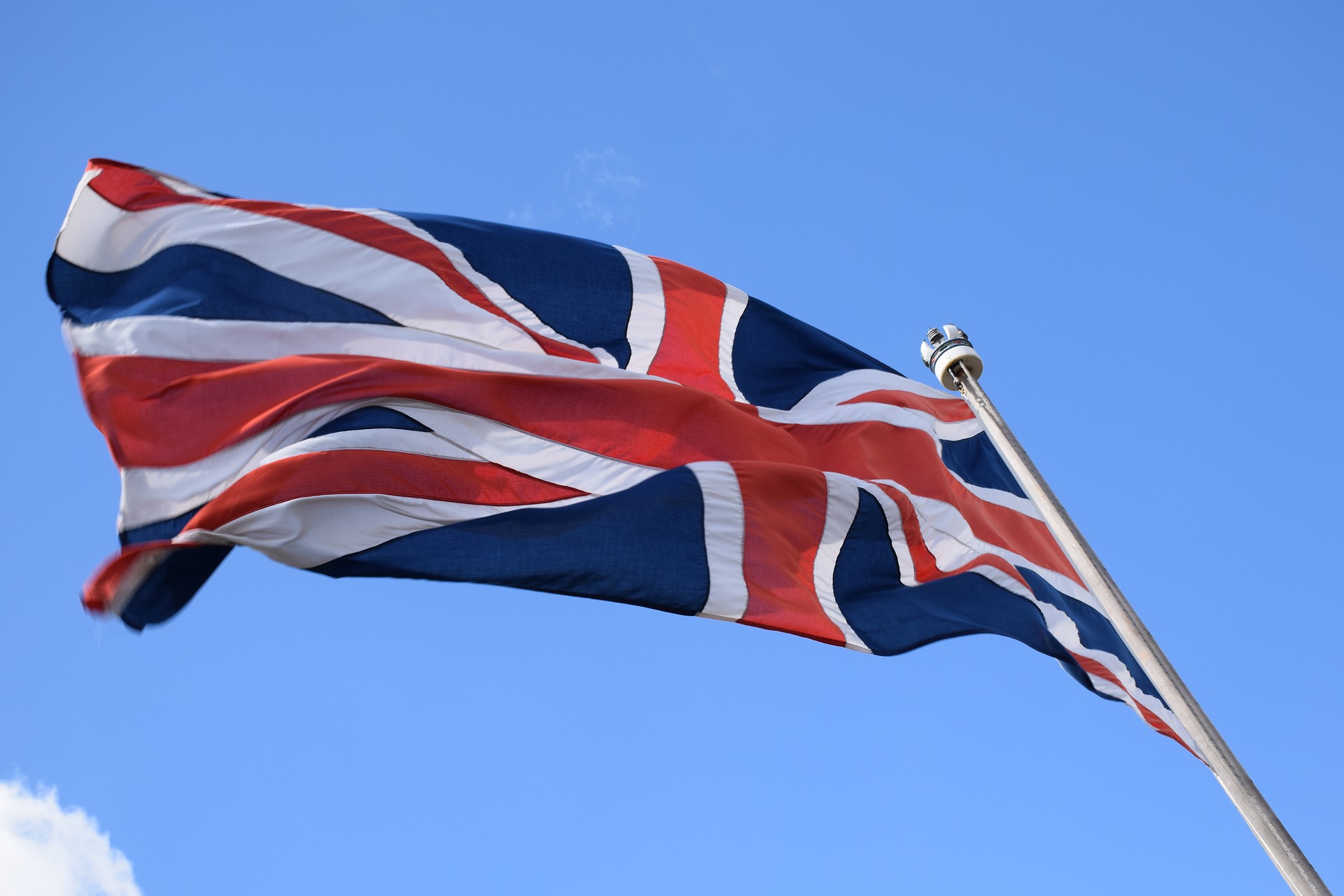
In the UK, compliance with the School Food Standards to ensure high quality school meals is mandatory for all maintained schools. The increasing number of overweight and obese children triggered a nationwide discussion on the quality of school meals.
In 2007 the Department of Education issued mandatory school food standards which came into force in 2015 and are set out in the requirements for School Food Regulations 2014. The guidelines encompass detailed food-related information for the composition of meals in schools (1, 2). An independent foundation (School Food Trust) was set up in 2005 with the task of improving and ensuring the quality of school meals. With an initial government funding of 15 million GBP and subsequent funding in the millions, the foundation was able to pursue this task for the schools in England, Wales and Scotland. Since 2011, the foundation has been financed by various charities as well as corporate members and sponsors and has been renamed Children's Food Trust. Since the financing was no longer secured in the course of the following years, the Children's Food Trust finally has stopped operating in 2017.
In 2013 the “School Food Plan” was published, which contains recommendations for good school meals. The recommendations were drawn up by two well-known restaurateurs in collaboration with an expert committee in which the Children's Food Trust was also involved. The School Food Plan and the associated initiative are funded by the Department for Education and more than half of it by charities (3). The focus is on the conviction that successful school meals cannot be prescribed from above, but must be developed in the schools themselves. The experts of the School Food Plan want to provide school management with tools to establish good school catering at their school. Another pillar of the programme is to teach children about nutrition, practical cooking and foodstuffs.
School Food Alliance (SFP Alliance)
The Expert Panel was replaced in 2016 by the School Food Plan Alliance (SFP Alliance), which brings together a large number of leading organisations involved in school food (5). A summary of school food standards and a practical guide for schools, cooks and caterers intend to facilitate the application (4).
National Food Strategy
With the publication of a National Food Strategy in 2021, recommendations for a sustainable food system were formulated for the first time, which also take into account the health, social, ecological and economic effects. Some recommendations have already been implemented, such as the provision of free school meals during school holidays. Furthermore, the entitlement to free school meals is planned to be extended. (6)
References
- UK Legislation (2014):
The Requirements for School Food Regulations 2014.
- UK
Department of Education (2019): Standards for school food in England. Guidance on the standards for planning and providing food in schools.
www.schoolfoodplan.com/wp-content/uploads/2016/03/SFP-governance-and-funding.pdf
- The Independent School Food Plan (2016): School food standards. Actions in the School Food Plan
www.schoolfoodplan.com/actions/school-food-standards/
- The Independent School Food Plan (2016): School Food Plan Alliance
http://www.schoolfoodplan.com/sfp-alliance/
- Ecologic Institut:
Synopse „Ernährungspolitische Strategien zur Förderung pflanzenbasierter Ernährungsweisen in Deutschland“. (2022)

